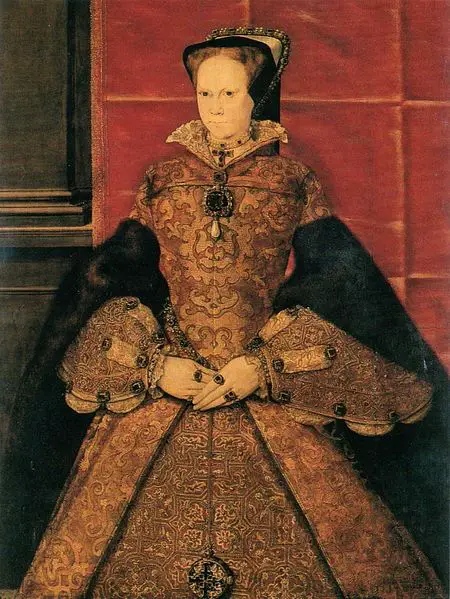Try your hand at this quiz on medieval and Tudor words.
Tudor Words
Correct! “Gong” is derived from old English “gang” which means “to go” and was used since the 11th century to refer to the contents of the “privy”.
Wrong! A gong farmer dug out and removed human excrement from cesspits. “Gong” is derived from old English “gang” which means “to go” and was used since the 11th century to refer to the contents of the “privy”.
Correct! We still say that jobs are “botched” or "bodged", but the meaning has changed with it now meaning that the job has not been done well.
Wrong! It was someone who mended old clothes. We still say that jobs are “botched” or "bodged", but the meaning has changed with it now meaning that the job has not been done well.
Correct!
Wrong! A clenchpoop was a clown or lout.
Correct!
Wrong! It was a thief.
Correct! “Jangles” was a tudor name for gossip.
Wrong! It was someone who spoke loudly or gossiped. “Jangles” was a tudor name for gossip.
Correct! The term “pig in a poke”, which refers to something you buy without knowing whether it's good or not, is literally "pig in a bag", i.e. buying a pig without knowing its condition.
Wrong, you were holding a bag. The term “pig in a poke”, which refers to something you buy without knowing whether it's good or not, is literally "pig in a bag", i.e. buying a pig without knowing its condition.
Correct!
Wrong! You were a serious person.
Correct!
Wrong! It was a dog or puppy.
Correct! We still sometimes say that someone is “sorely missed”, meaning very much missed.
Wrong! It meant "very", as in someone being "sorely missed".
Correct!
Wrong! It was a soup or stew.
Correct! The modern day word "puppet" comes from "poppet".
Wrong! It was a small doll. The modern day word "puppet" comes from "poppet".
Correct!
Wrong! It was a jacket worn over the top of your doublet.



Ouch . . . the quiz was difficult but lots of fun!!!
Very educational – now I have a great alternative when I want to refer to someone as a clown.
That’s funny! A whole new way to talk about people behind their backs.
Pfew, a nasty one! But, thanks to reading a lot, I recognized some words. Have to admit that there were some lucky guesses!
Keep ’em coming, I really look forward to them.
Really enjoy the quizzes. Look forward to them every week. Did better on this one than I thought I would 🙂
Love the word clenchpoop. Never liked clowns and that’s a good description for one.
That was awesome and put quite a smile on my face!
Really interesting quiz. Fascinating how words and meanings have changed over the centuries.
God’s teeth I was rusty on that one. 7-12 ended strong.
Well I managed 50%…better than most of my tests in high school! 🙂
Wow 10 out of 12. But thats really because I used to do Tudor recreations at Kentwell Hall in Suffolk. 🙂
Well done Denis (and everyone else!), it wasn’t an easy quiz. Glad you’re all liking them as I’ve now started writing a few of them. I really enjoy adding in little “teasing” answers that feel right but are completely wrong! Anyone used to watch the TV programme “Call my Bluff”? http://www.youtube.com/watch?v=0hNVM4GUuEo
I love the term Gong Farmer. I found the word sometime ago, and as soon as I saw it I thought, I’ve just got to use it somewhere in my book. There are a lot of gems like this in history, and I think from time to time it’s good to throw gems like this into a historical debates/books, as it makes the reader want to look them up and perhaps understand more what the writer is trying to imply. A few of my postings of late have contained what was considered to be swear words or insults back in the 15/16 century. Some of them are actually very funny too. One of my favourites is: “You Dizzy eyed Puttock.” Elizabeth, I believe was fond of using the word God in her temper tantrums as in: God’s blood/teeth etc.
Henry 8 the Lumpish boil brained flap dragon, wasn’t above coming out with a few swear words either.